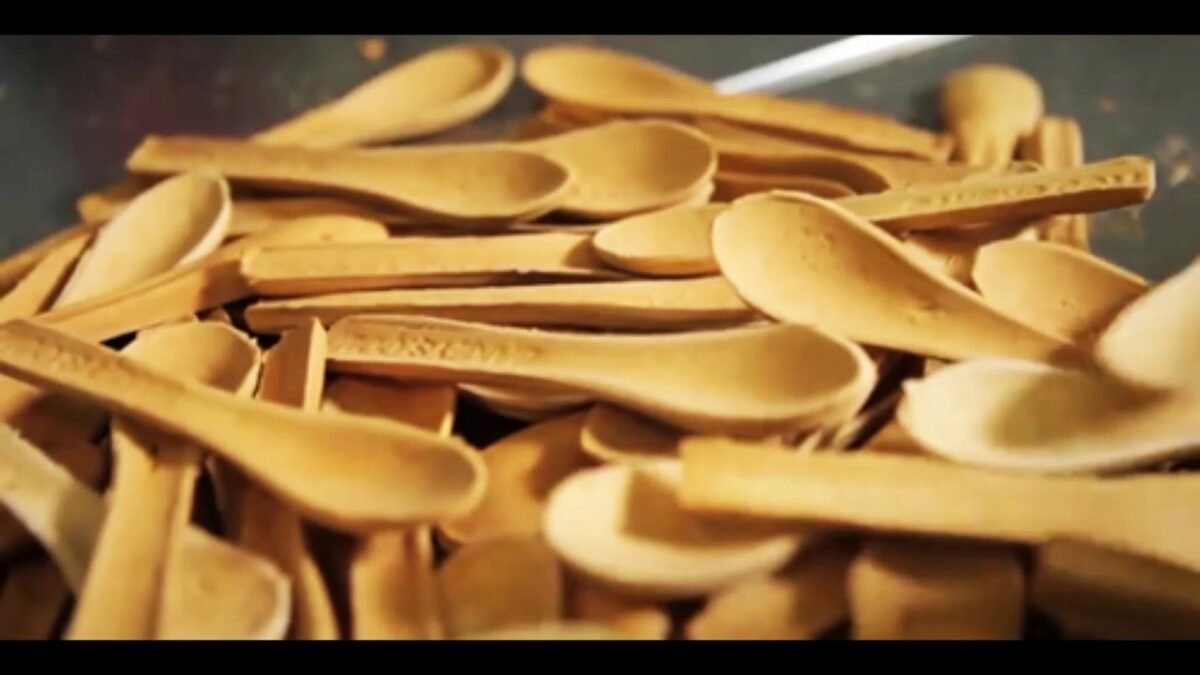BIS introduces Standard IS 18267: 2023 for agri by-product utensils
Standard promotes environmental conservation, circular economy and consumer well-being
The Bureau of Indian Standards (BIS) has published IS 18267: 2023 ‘Food Serving Utensils Made from Agri By-Products – Specification,’ aimed at reducing plastic pollution and promoting sustainability. The standard provides comprehensive guidelines to manufacturers and consumers, ensuring uniformity in quality requirements across the country.
The implementation of this standard has extensive advantages as using biodegradable agri by-product utensils can contribute towards environmental safety, conserve natural resources, and promote a circular economy. These utensils are free from harmful additives and ensure consumer well-being. The standard also creates economic opportunities for farmers and supports sustainable agricultural practices, contributing to rural development.
The rising use of disposable tableware worldwide is driving the global market for disposable tableware. Disposable plate’s market size was valued at $4.26 billion in 2020 and is projected to reach $6.73 billion by 2028, growing at a Compound Annual Growth Rate (CAGR) of 5.94 per cent from 2021 to 2028.
In India, numerous large-scale and Micro, Small & Medium Enterprises (MSME) level manufacturers are actively contributing to the production of biodegradable cutlery, and they stand to benefit immensely from this Standard. The demand for these products is consistently rising, leading to a steady growth in the number of manufacturers involved in their production.
The standard covers various aspects, including raw materials, manufacturing techniques, performance, and hygiene requirements for the production of biodegradable utensils. It specifies the use of agricultural by-products, such as leaves and sheaths, as preferred materials for making plates, cups, bowls, and more. The standard recommends appropriate parts for plants and trees and provides manufacturing techniques like hot pressing, cold pressing, moulding, and stitching. It also emphasises smooth surfaces, and non-sharp edges, and prohibits the use of chemicals, resins and adhesives.
Standard promotes environmental conservation, circular economy and

